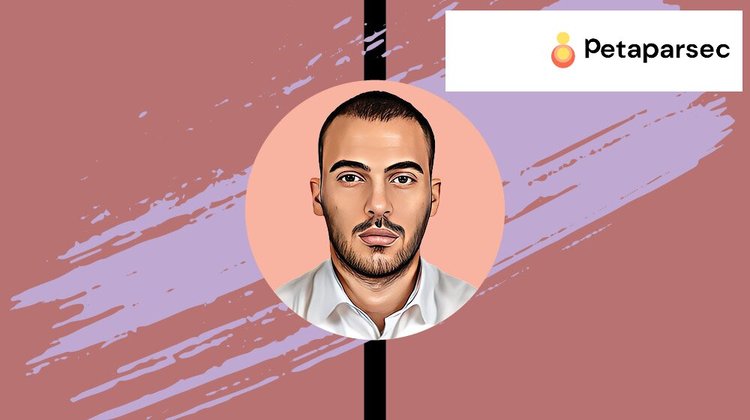Introducing the Cypriot startup Petaparsec
08:56 - 21 April 2023

In 2020, soon after graduating from the prestigious ETH Zürich University, computer scientist Markos Karasamanis created Petaparsec, a cloud platform meant to push the limits of computational infrastructure for deep learning experiments.
It offered the basic services, albeit tuned to handle the heavy workload of these experiments: storage, database, RAM and CPU. “Of course,” Karasamanis says, “the more you want to push the state-of-the-art, the more expensive it gets, right?” The platform, he claims, offers the best value for money for these services when compared to top cloud providers like AWS, Google or Microsoft.
On top of that, he has created a business model that allows users to earn money: the longer a model stays on Petaparsec’s platform and the more it is used, the greater the royalties for the developers. While the number of users on the platform so far is in the six-figure range, the clients conducting these experiments are not on the retail side. “We have a smaller base that produces a sizable monthly recurring revenue,” he notes.
More recently, Karasamanis decided to focus on one application of deep learning: robotics. Indeed, the founder is an ardent supporter of the idea that when robots (think robotic arms) fully enter the labour market, they will have a far-reaching socio-economic impact by bridging the inequality gap. Nonetheless, Karasamanis’ robots are not the bulky and rigid industrial machines of the past. He says, “Our robots are what we call ‘mechanically transparent.’ That means that any loss between the motor motion and the robot arm is small enough to be imperceptible – you can easily push the arm around. Moreover, the motors that power the gearboxes work together to increase the power density.” The brain for these arms will be akin to how apps give different functions to smartphones.
Initially, the startup, which now comprises a team of four developers and mechanical engineers, will populate the cloud platform with apps that give rise to basic functions. In the long term, it plans to build a community of developers that will create different applications and monetise them accordingly. More importantly, he says, Petaparsec will not profit from the software, other than charging for the cloud infrastructure.
As for the hardware, Karasamanis has a licence pending approval for a factory in Paphos. “I have this bet with myself to use robots to build the factory,” he says. “It will be the best kind of advertisement. And, we’re going to build an eco-friendly factory using very raw materials.”
Petaparsec’s founder is not looking to raise capital via traditional avenues. The goal is to go directly to local companies and raise €500,000 in the next three years by selling 100 robotics arms for €5,000 each. These can be from bakeries wishing to automate parts of their production to coffee shops that want to add a mechanical arm in the barista role. “I feel that our offer is a no-brainer. Any business will start to benefit from the product immediately,” he says.
- Founder
Markos Karasamanis
- What is it?
A cloud platform for deep learning models.
- Stage
In the market.
- What it aspires to be
A manufacturer of robots for a better life.
- Funds received
Bootstrapped.
- Funds needed
€500,000.
This interview first appeared in the April issue of GOLD magazine. Click here to view it.

